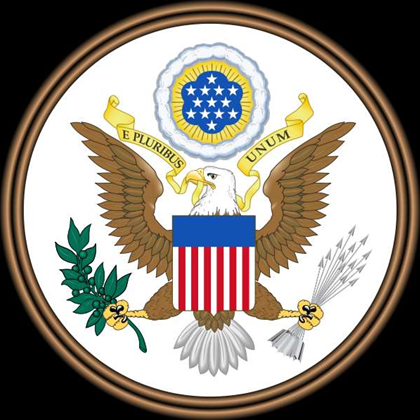Experts say the US Stop Online Piracy Act (SOPA) could damage DNSSEC.

A US House committee adjourned its consideration of the bill in a surprise move Friday that followed intense opposition to the bill from industry heavyweights including Google, Wikipedia and Facebook.
The bill aims to fight music and movie piracy by allowing the government to block access to any domestic or foreign website deemed to contain pirated content.
Critics argue such a law is akin to censoring the internet.
SOPA had not been killed off however. US officials would resume considering the bill when Congress resumes next year.
But SOPA could also hamper efforts to improve security, experts warned.
Specifically, it would undermine the decade-old effort in DNSSEC, a set of extensions designed to provide authentication of DNS data.
DNSSEC uses digital cryptographic signatures to protect against forged DNS data. It ensures that the server to which a user believes they are connecting is the correct one.
“Without being able to secure the DNS system we still have gaping holes that need to be closed. This is a giant step backward in that regard,” Trend Micro senior researcher Paul Ferguson said.
Browser makers that build implementations of DNSSEC could risk liability under SOPA, according to Stewart Baker, partner in the Washington office of law firm Steptoe & Johnson.
“DNSSEC can't be effectively implemented unless browsers try multiple DNS servers when they get blocked or unsatisfactory answers from their primary server,” Baker said. “
That could easily defeat SOPA's blocking mechanisms, something SOPA makes illegal.”
Browser makers will likely decide to forgo DNSSEC deployment if the law is passed due to the risk of liability, he said.
Worse, the measure probably would not put a substantial dent in the availability of counterfeited material online, according to Google executive Vint Cerf.
DNS filters required to enforce the law can be easily defeated by simply choosing an offshore DNS resolution provider.
“I continue to have concerns regarding the efficacy and wisdom of this legislation,” Cerf wrote.
The law would likely drive users to look for foreign and unregulated DNS servers if the sites they are trying to reach have been blocked by their ISPs, Baker said.
With Darren Pauli

_(33).jpg&h=140&w=231&c=1&s=0)
_(20).jpg&h=140&w=231&c=1&s=0)
_(36).jpg&h=140&w=231&c=1&s=0)






 Cyber Resilience Summit
Cyber Resilience Summit
 iTnews Executive Retreat - Security Leaders Edition
iTnews Executive Retreat - Security Leaders Edition
 Huntress + Eftsure Virtual Event -Fighting A New Frontier of Cyber-Fraud: How Leaders Can Work Together
Huntress + Eftsure Virtual Event -Fighting A New Frontier of Cyber-Fraud: How Leaders Can Work Together
 iTnews Cloud Covered Breakfast Summit
iTnews Cloud Covered Breakfast Summit
 Melbourne Cloud & Datacenter Convention 2026
Melbourne Cloud & Datacenter Convention 2026












_(1).jpg&h=140&w=231&c=1&s=0)



